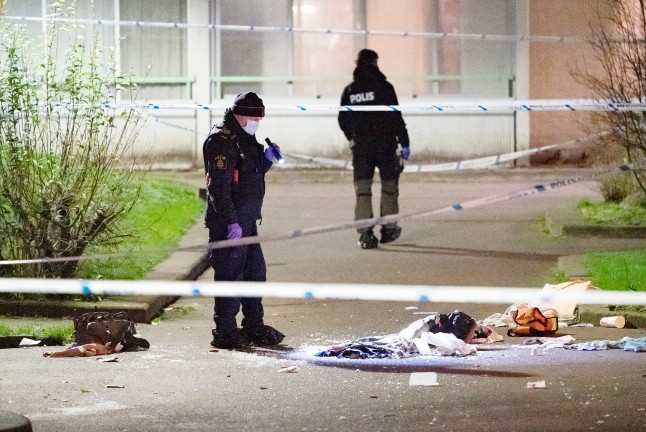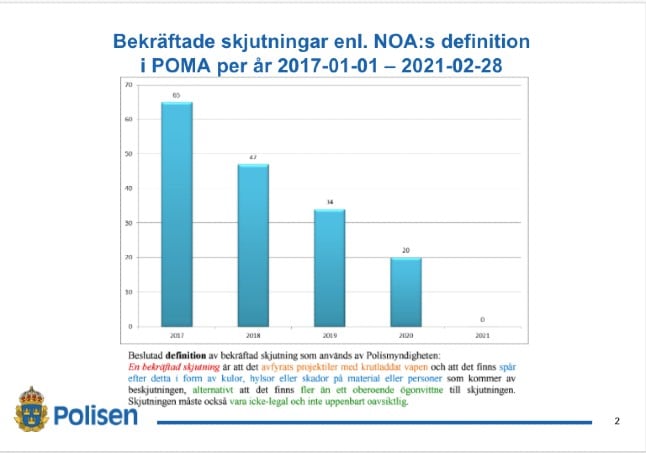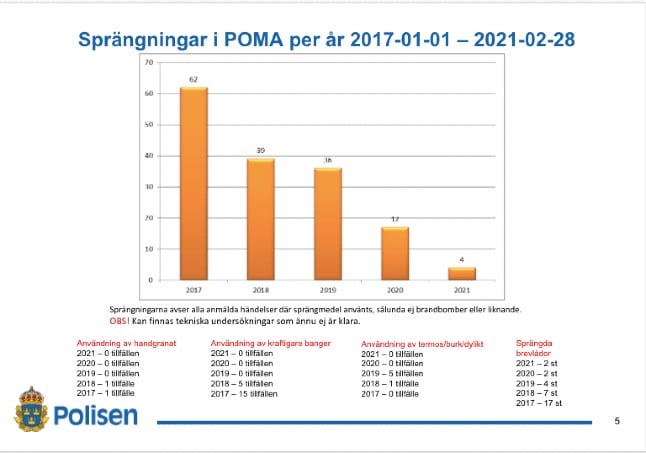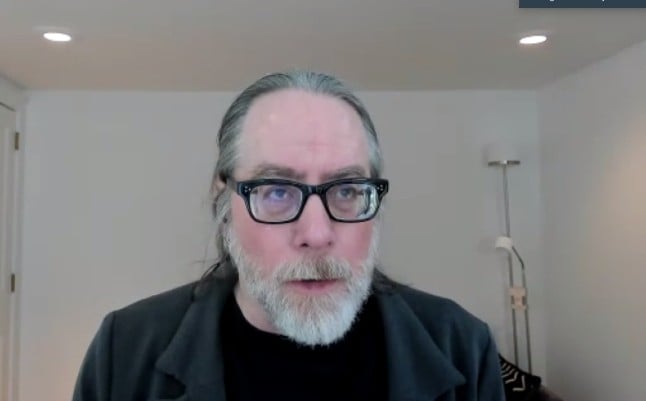Born in the southwestern French city of Toulouse on October 10, 1988, Merah had been tracked for years by France’s DCRI domestic intelligence service, but nothing suggested that he was preparing a major crime.
Interior Minister Claude Guéant said he was part of a group of around 15 followers of Islamic fundamentalist Salafist ideology in Toulouse, where he lived in the northern Izards neighbourhood.
He has made two trips to Pakistan and Afghanistan, although Gueant said he did not think Merah had visited any militant training camps while there.
The man suspected of calmly shooting dead three children and a teacher at a Toulouse Jewish school as well as three French paratroopers in two other attacks twice tried and failed to join the French army.
The defence ministry said that a 19-year-old Merah first tried to join in northern city Lille in January 2008.
“He passed all the tests but the inquiry into his criminal record decided to reject his application,” Colonel Bruno Lafitte told AFP.
In 2010, he applied to join the Foreign Legion in Toulouse. He spent the night at the recruitment centre but, Lafitte said: “The very next day he left of his own accord.”
Witnesses have described the attacker as “white”, around 1.70 metres (5’5″) tall and slender. He also reportedly wore an extreme sports camera on a chest harness during at least one of the attacks.
A man claiming to be the killer called a French television channel shortly before police besieged Merah in his Toulouse flat to say he would soon put footage of the attacks online.
“Either I will go prison with my head held high or I will die with a smile,” the caller said.
He said he wanted to take revenge for the ban on wearing the full Islamic veil in public in France and for France’s participation in the war in Afghanistan.
Guéant said on Tuesday that the man behind the killings was “someone who is very cold, very determined, very in control of himself, very cruel.”
Merah reportedly told negotiators at his flat that the Jewish school attack
was to avenge Palestinian children killed by Israel.
A young man who approached the police cordon outside Merah’s flat to offer to talk him into surrender said the suspect worked in car body work.
The father of one of Merah’s neighbours said the suspect helped them carry furniture into their flat around 10 months ago.
“He’s a normal person, like anyone else in the street who would give you a hand to carry a sofa,” Eric Lambert said, adding that among his son’s neighbours, Merah “wasn’t the one who made the most noise”.
Merah had reportedly carried out 18 minor crimes, some with violence.
He was also arrested in Afghanistan’s former Taliban stronghold Kandahar in late 2010 for an unspecified crime, a source close to the inquiry told AFP.
Merah reportedly spent time in lawless areas in Afghanistan but it is not known whether he had combat experience there. Investigators have said from the beginning that the killer was used to handling weapons.
The lawyer who defended Merah ever since he first appeared in juvenile court said he was concerned his besieged client may show “unpredictable behaviour”.
Christian Etelin told French television channel BFMTV that Merah was “polite and courteous”.
Etelin said he learned two years ago that Merah had radicalised and gone to Afghanistan.
“I told him that, given his travels, he must be under close police surveillance and that he had better not do anything wrong.
“He did not give the impression that he could become radical and want to start committing acts of such absolute harshness.”
“I’ve always known someone flexible in their behaviour, civilised, and not so rigid that you’d imagine any kind of fanaticism”.
Asked about the possible outcome of negotiations between police and Merah in his flat, Etelin said: “I can’t say anything about his innermost being but I fear unpredictable behaviour.”
Dominique Thomas, an expert in radical Islam, told AFP that the killer’s modus operandi and logistics show that he has little means and that apparently he does not belong to a network.
Former French spy chief Louis Caprioli said the suspect must have had outside help to get to Afghanistan and Pakistan, although he could nevertheless be a “lone wolf”.
Merah’s brother is allegedly also a Salafist and has been detained by police along with his partner, presumably his wife given his reportedly conservative beliefs.
When anti-terrorist police brought Merah’s mother to the besieged flat totry to get him to surrender, she said that she no longer had any influence over him.





 Please whitelist us to continue reading.
Please whitelist us to continue reading.
Member comments